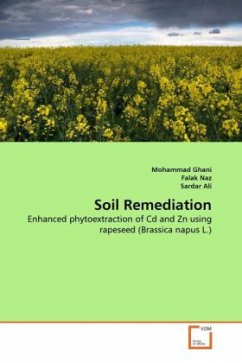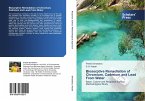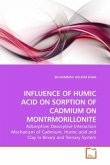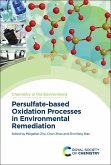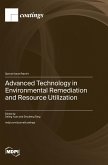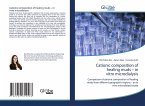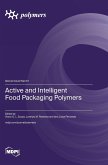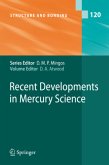The industrial development and increasing demand of more food production is resulting the contamination of soil especially in developed countries of the world. Heavy metals soil contamination is one of them which not only affecting crop production adversely but also deteriorating other parameters of the environment. Such soils need remediation so as to bring them under cultivation and control further spreading of contaminants in the environment. Traditional soil remediation techniques are engineering based which are not only expensive but also destroy soil fertility. Phytoextraction, one of the phytoremediation approaches, is an economical and environment friendly technique for remediation of contaminated soils. Rapeseed was evaluated for the extraction of cadmium and zinc from contaminated soil and some amendments were also applied so at to investigate them for their effects on bioavailability of these contaminants. Ammonium sulfate fertilizer resulted high extraction efficiencyby rapeseed for both heavy metals. However field application is needed so as to make phytoextraction with rapeseed applicable for farmers.
Bitte wählen Sie Ihr Anliegen aus.
Rechnungen
Retourenschein anfordern
Bestellstatus
Storno

